Don’t mistake new Conservative media tone for policy shift, say Tory pundits
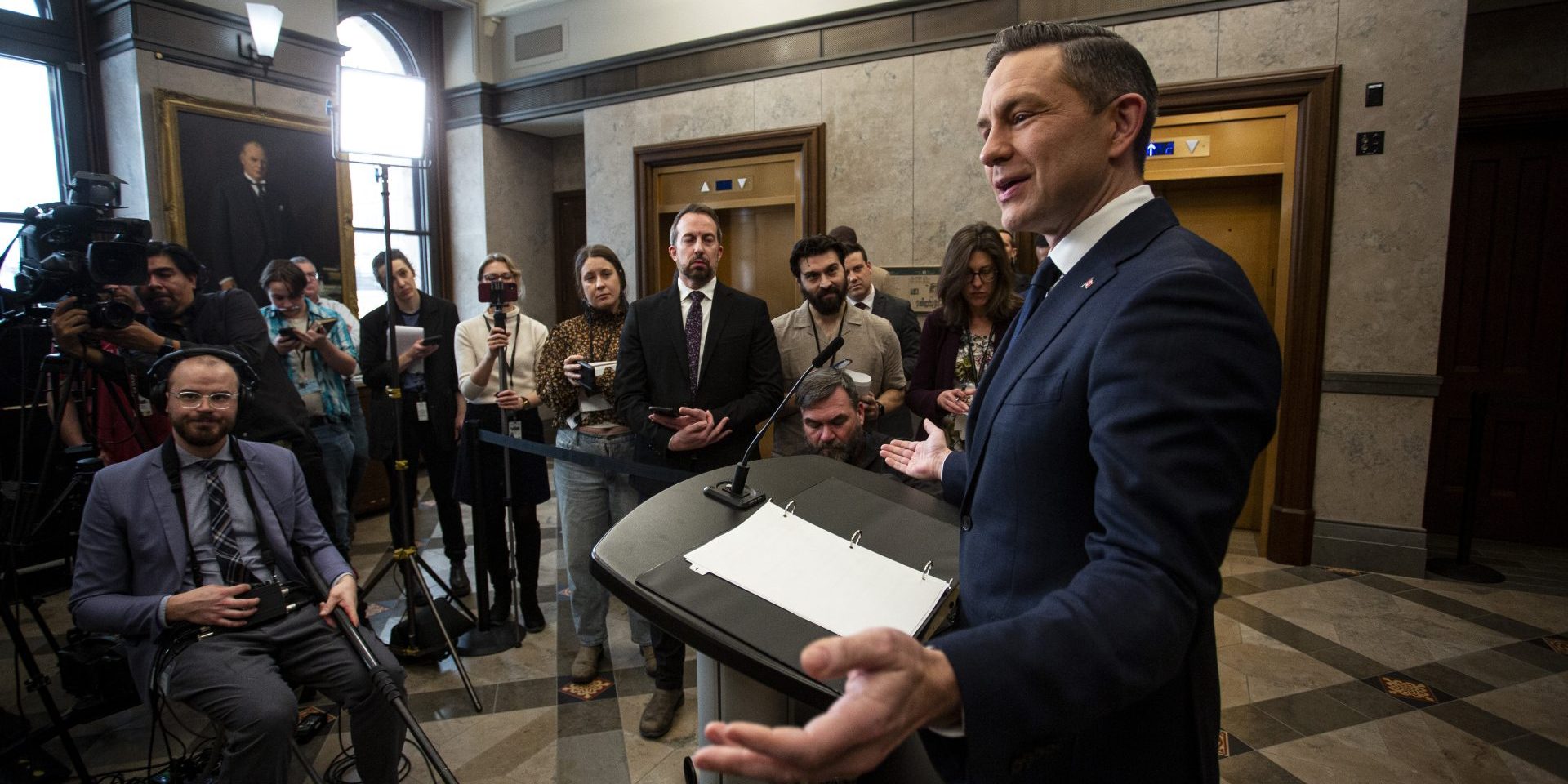
Despite a slate of Conservative MPs returning to the mainstream media airwaves and a less combative tone during interactions with reporters, Conservative communication strategists advise against reading too much into the shift in approach beyond it being a normal post-election recalibration.
Since Conservative Leader Pierre Poilievre was elected to the role in the fall of 2022, the party has imposed a tight grip on both its caucus’ ability to speak with the media, and journalists’ ability to ask either individual MPs or Poilievre questions, all while maintaining an at-times overly aggressive and combative tone towards both their political opponents, and the media.
But since the party failed to form government on April 28, there has been a proliferation of Conservative caucus appearances on various mainstream media news programs, and a marked shift in tone toward individual reporters.
Speaking with The Hill Times on background, parliamentary press gallery reporters almost unanimously noted a positive shift in tone from Conservative caucus members. However, the extent of the improvement varied depending on the individual reporters’ previous relationships and the outlets they worked for.
While some described the difference as “night and day,” others noted changes as simple as slightly more expedient and less-scripted responses to their requests for comment.
The most striking difference is the Conservative caucus’ reappearance on the CBC’s flagship political program Power and Politics, hosted by David Cochrane.
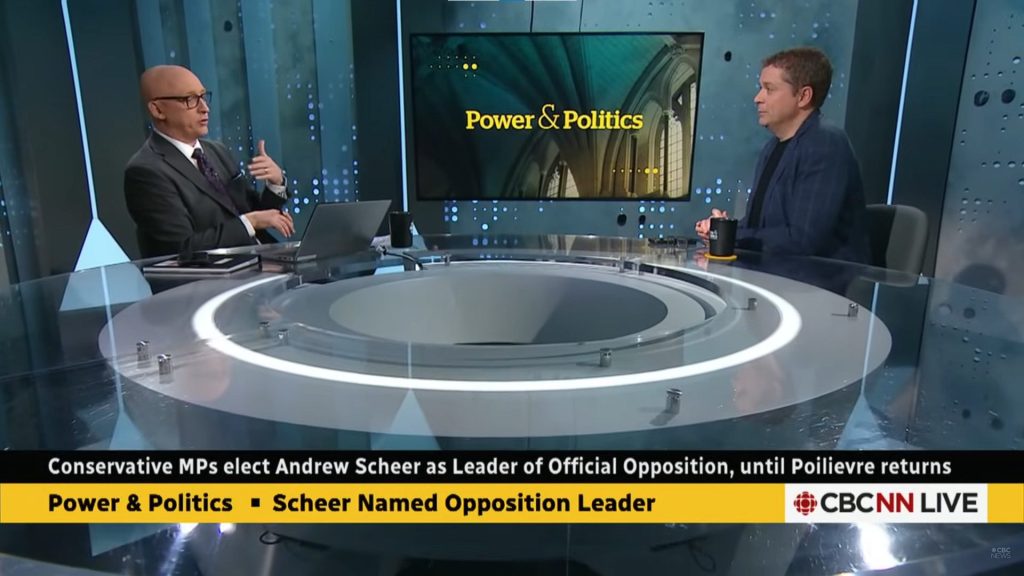
Before and during the election, Cochrane’s note that no Conservative had been made available for that day’s program became a familiar refrain for nearly three years. However, in the three weeks since the election, Cochrane has interviewed at least one Conservative per week, including two appearances by Conservative MP Andrew Scheer (Regina–Qu’Appelle, Sask.) on May 2, and again in studio on May 7, the day after his selection as interim opposition leader in the House of Commons. Most recently, Conservative MP Kyle Seeback (Dufferin–Caledon, Ont.) was interviewed in studio on May 13 to provide his party’s reaction to Prime Minister Mark Carney’s (Nepean, Ont.) newly named cabinet. On May 4, MP Gérard Deltell (Louis-Saint-Laurent–Akiawenhrahk, Que.) was also interviewed by the CBC’s chief political correspondent Rosemary Barton on her weekly Sunday program.
In that time, Scheer also made two appearances on CTV’s Power Play, hosted by Vassy Kapelos, on April 30 and May 6, alongside a May 13 appearance by Conservative MP John Brassard (Barrie–Innisfil, Ont.). However, unlike the CBC, Scheer and other caucus members had made previous appearances on Kapelos’ program prior to the election.
For reporters on the Hill, there has also been a marked increase in access and receptivity to answering questions. Eight MPs stopped to answer questions on the way into the first post-election caucus meeting on May 6, and Scheer took an additional three questions on his way out after being chosen as interim leader.
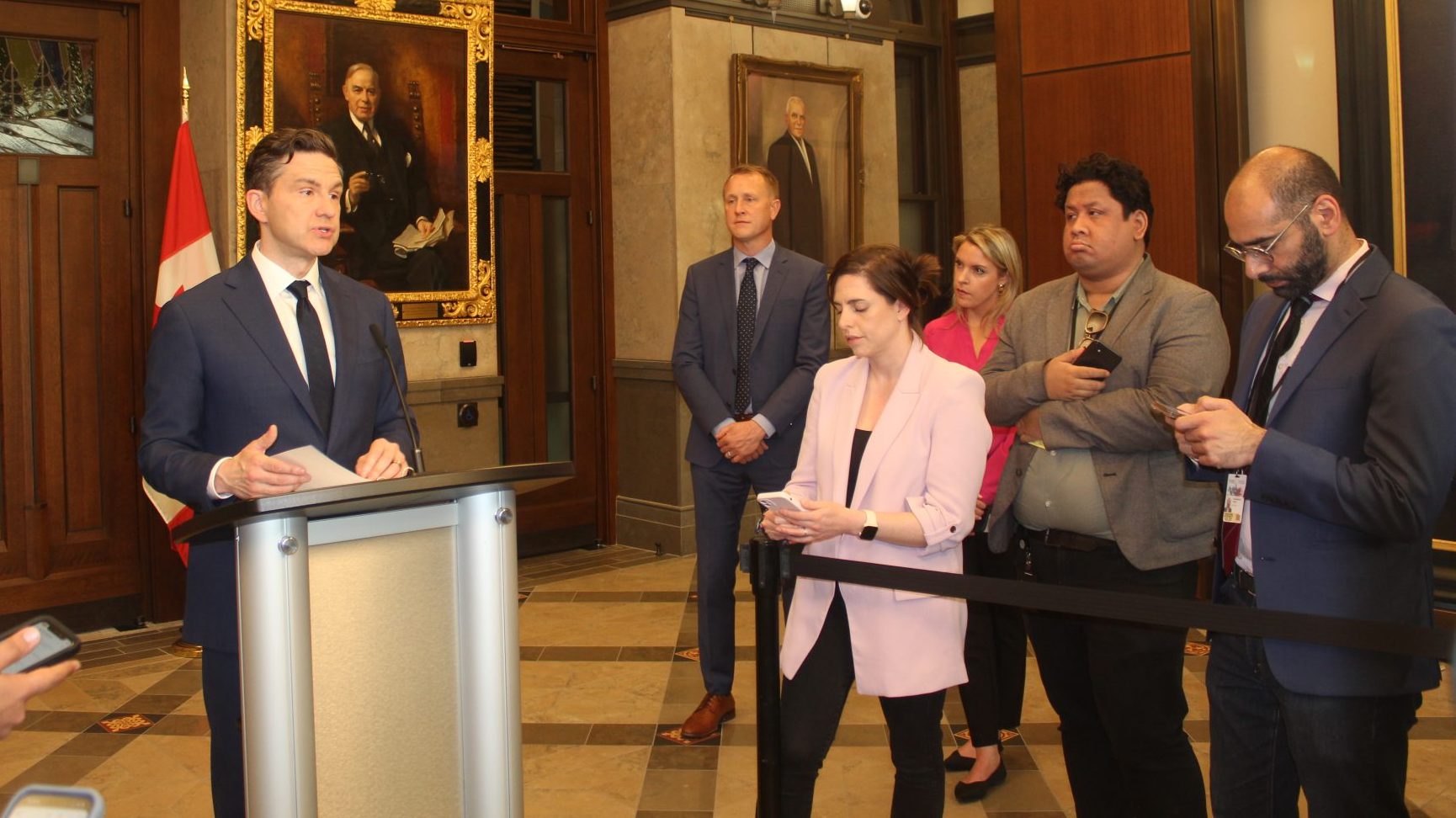
On May 12, The Hill Times reported that the Tory caucus held “somewhat frank” discussions on what went right and wrong during the campaign. Some called for a candid post-mortem report, which should be shared with the party’s rank-and-file members.
Conservative sources expressed increasing frustration with several perceived campaign errors, including Poilievre’s aggressive communication style, which reportedly did not connect with voters, and the concentration of authority within a small inner circle that they said had been dominated by Poilievre and his campaign director, Jenni Byrne.
Additionally, sources raised concerns about the campaign’s decision to restrict media access for caucus members and candidates, despite the presence of experienced and articulate MPs serving as the party’s official critics.
While Poilievre only answered four questions in his May 6 pre-caucus scrum, there were already signs he was attempting a less combative tone toward the assembled reporters and his Liberal opponents, wishing Carney a “positive meeting” with U.S. President Donald Trump during the prime minister’s official visit to the White House.
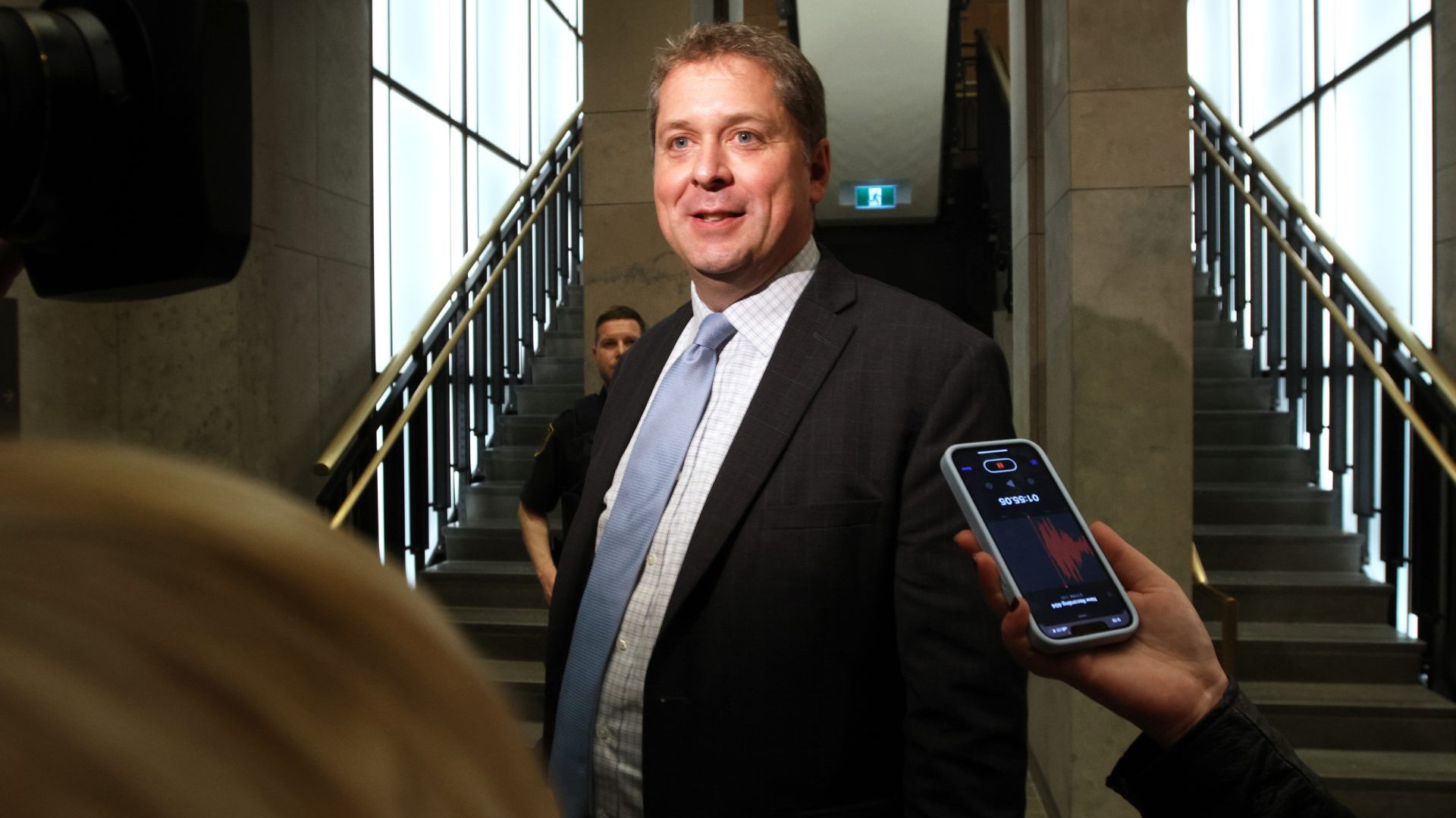
Poilievre said that while the election result had been “disappointing,” there was also “a lot to be thankful for,” pointing to his party’s increased total seats and vote share.
When he responded to the cabinet shuffle on May 13 from the West Block foyer, Poilievre answered six questions. He took another five during his press conference outside of Parliament on May 15, during which Poilievre also ignored the first attempt to end the conference via a shouted “last question” by Sarah Fischer, the party’s communications director, who helmed both press conferences. Poilievre’s previous press conductor, then-media relations director Sebastian Skamski, left that role on May 12. Ben Woodfinden, Poilievre’s former director of communications, also announced his departure in early May.
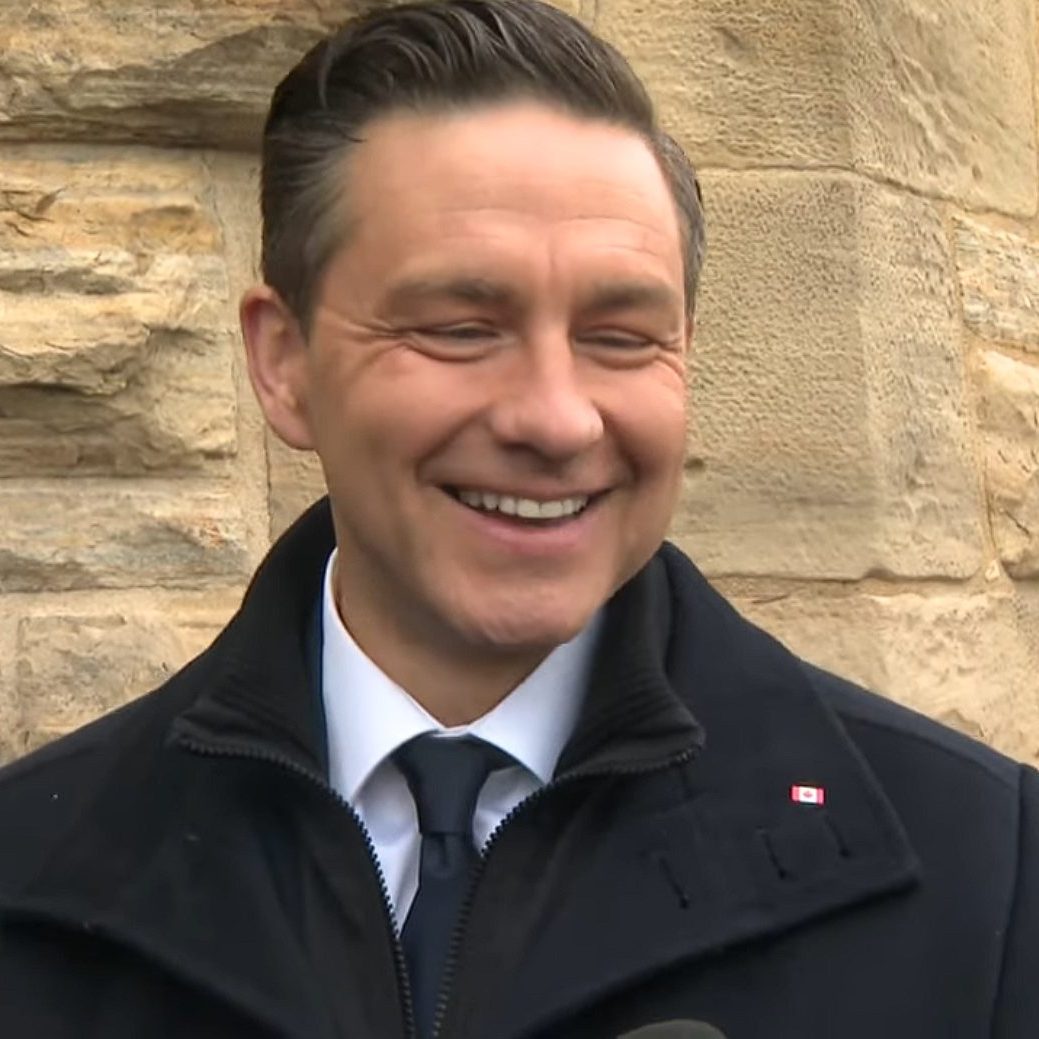
Loyalist Public Affairs’ Dan Mader said that while the party’s campaign strategy would naturally be re-evaluated—a practice he would have advised regardless of the election outcome—he advised against reading too deeply into the Conservatives’ new tone and receptiveness to journalists.
Before the election, the Conservatives had devised and successfully executed their strategy, which Mader said helped lead to the January departure of then-prime minister Justin Trudeau. However, once Conservatives achieved that goal and a significant polling lead, they aimed to maintain it and “reduce risk,” said Mader, who led the Conservatives’ policy and platform creation and speechwriting for the 2021 election.
“They had won all of the arguments they wanted to win, and didn’t want to risk losing focus,” Mader explained. “That resulted in fewer Conservatives speaking to the media or going on TV where they saw limited upside.”
But win or lose, there are always lessons to be learned, and strategies that could have been better, Mader said.
Regarding media strategy, Mader said the decision to restrict individual MPs from appearing in the media, the lack of high-profile candidate recruitment, and the decision to bar journalists from travelling with the campaign will most likely be re-evaluated.
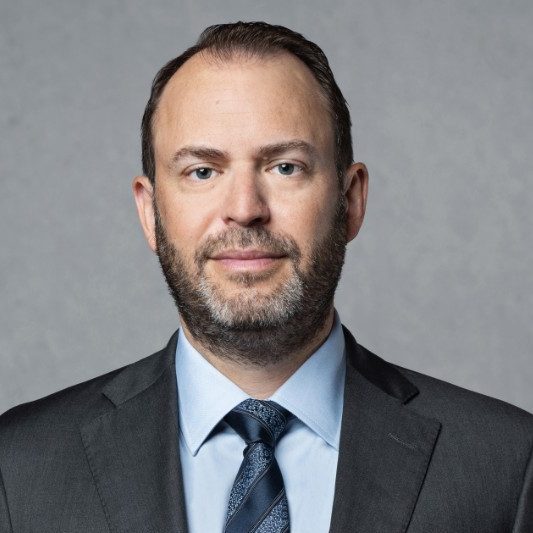
“For a year and a half, we had a campaign team that was in risk-avoidance mode, and as part of their review, they had to think about whether that was the right choice and if they missed opportunities,” Mader said, pointing to the underuse of effective communicators and campaigners like newly re-elected MP Jamil Jivani (Bowmanville–Oshawa North, Ont.), whose election night interview with the CBC has already been viewed nearly 44,000 times on YouTube alone as of publishing deadline.
However, Mader said the party will need to consider whether the virality and combativeness of the interview—in which Jivani accused Ontario Premier Doug Ford of being a “hype man for the Liberal Party” and an “opportunist” unwilling to “stay out of our business” during the election—was helpful.
Yaroslav Baran, co-founder of Pendulum Group and a former Conservative Party campaign communications director during Poilievre’s leadership campaign, told The Hill Times that even without those reviews, message discipline is always less acute in the wake of an election, regardless of outcome.
“There’s an ability to loosen the reins a little bit because it’s not absolutely 1,000-per-cent imperative that only the day’s message is delivered, whether it’s building houses or stopping crime or whatever else,” Baran said. “It’s always much less deliberate in the immediate aftermath when we already know who won.”
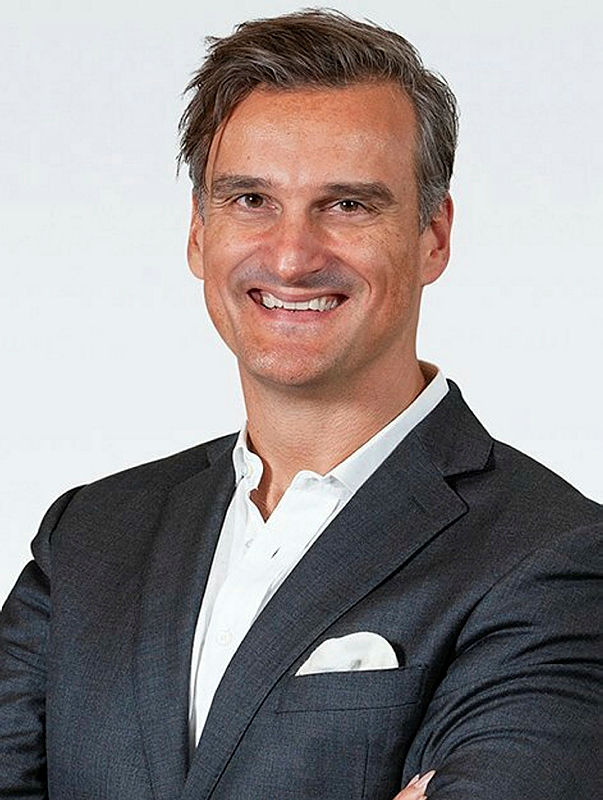
However, despite lifting the prohibition against allowing Conservatives to appear on the nation’s public broadcaster, Baran said it was “too early to read too much” into whether that would signal a change in policy regarding the CBC’s public funding.
Mader agreed that he doesn’t expect any “major shift” in the Conservatives’ opposition to the CBC’s funding model.
“The CBC is receiving well over $1-billion of taxpayer funding every year, but they’re using that to reach an audience, particularly an older audience, that the Conservatives want to win back,” Mader explained. “You have to fish where the fish are, and sometimes that means you go on a television show you don’t like because they’re reaching an audience you need.”
“We’re post-election and they’re back into opposition mode, so they have to get back out there and win the argument again,” Mader continued. “They had won the arguments against Trudeau, but now we have a new prime minister, so they have to be out there debating and making their case where the voters they need will hear them.”
Neither Scheer nor Jivani responded to The Hill Times‘ requests for comment, nor did the party respond to questions about whether it would change its policy promise to defund the CBC should the Conservatives form government.
sbenson@hilltimes.com
The Hill Times






 LICENSING
LICENSING PODCAST
PODCAST ALERTS
ALERTS













